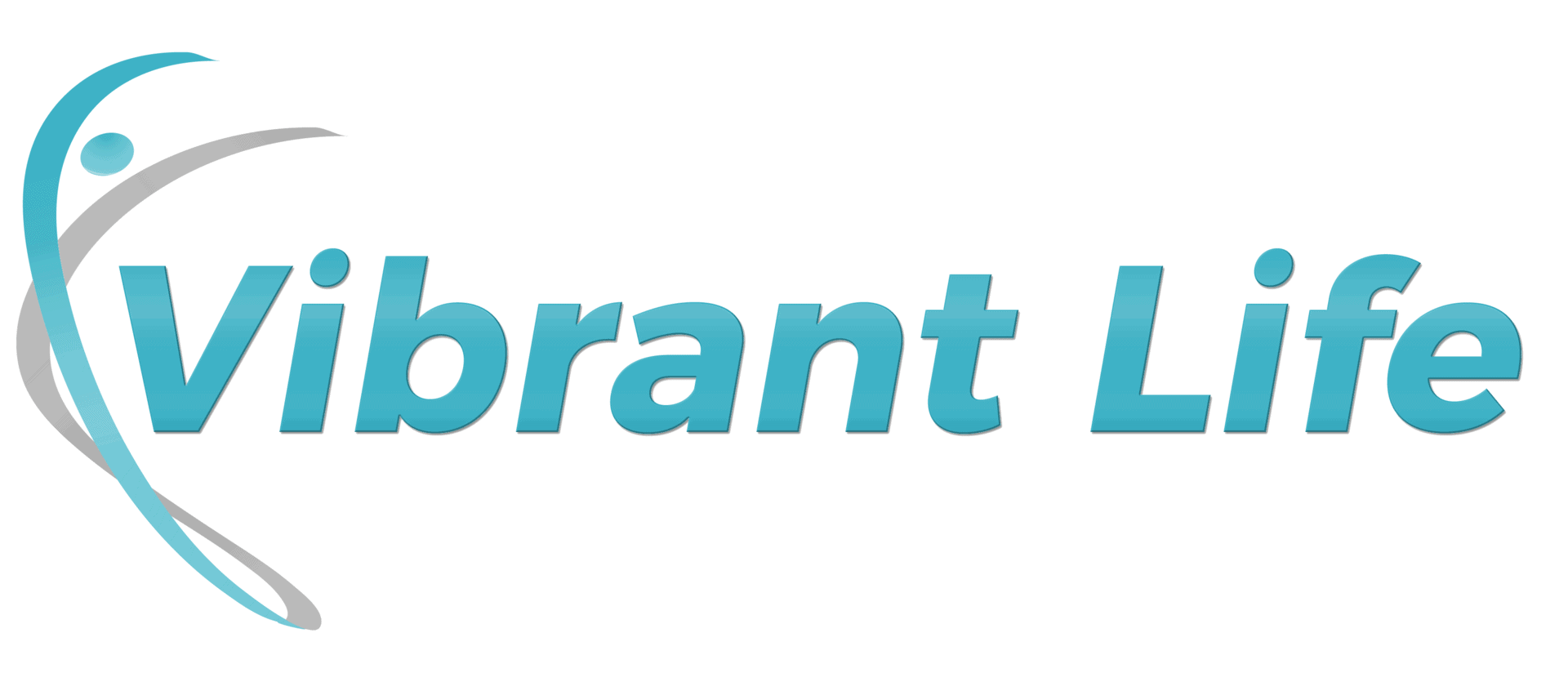Having a healthy sex life is important for so many reasons. It impacts our physical health, mental state, emotional well-being and relationships. But, there is also an effect on our self-esteem when we experience sexual dysfunction. In fact, 43% of women complain of issues with sexual dysfunction. There’s no time like the present to evaluate your sex life.
Ask yourself the following questions.
- Does your doctor ever ask you about your sexual life?
- Are you satisfied?
- Do you have pain during intercourse?
- Are you matched up with your partner’s libido and capacity?
- Do you seek more intimacy than you are currently receiving?
- How does the whole process of interest, arousal, and orgasm actually work?
Despite a near prevalence of half of all women experiencing difficulty with sexual distress, only about 10% seek professional help.
What sort of problems cause sexual dysfunction? Unfortunately, it’s a bit complicated. Sexual dysfunction and distress can be caused by the following
- Aging
- Lack of hormones from natural or surgical menopause
- Loss of desire, physical handicap
- Medications
- Medical conditions including depressive illness, trauma, various diseases, childbirth trauma and recovery
- Urinary incontinence or vaginal prolapse
- Drug and alcohol (ab)use
I am a gynecologist and have been in practice for more than 30 years. When we interview women, we ask a lot of questions right away to discover if they have problems with sexual functionality. The questions are specific and often quite intimate. Sexual distress can be a difficult topic to discuss and there aren’t many places that you can go to ask questions that have specialty knowledge in this area. We seek to always ask questions about the quality, frequency, and effectiveness of your orgasms to improve your intimacy. We use several standardized questionnaires along with our personal interviews that help us reach individualized conclusions for each patient.
The components of a healthy sex life
Human sexuality has many common components, but every person has a unique medical and personal background, and that is how we approach it. It is helpful for us to understand what gives you pleasure, if and when you experience pair or bleeding, whether you notice discharge or odor, and if you are dealing with diminished/excessive desire or partner issues. What types of activities are a part of your sexual menu that enhance your relationship? Or, conversely, what might adversely affect it?
A physical exam can provide reassurance about a healthy anatomy, or uncover problem areas such as vaginal dryness, areas of pain, urogenital prolapse issues such as a dropped bladder (cystocoele), protruding rectum (rectocoele), or the uterus trying to protrude from the vagina (procidentia).
We also want to know the hormone status of our patients and test a variety of blood levels for hormone levels and associated compounds that may interact and affect sexual and urogenital function. Some physicians prefer to test saliva, however, most authorities have shown blood specimens to be far superior in accuracy, reproducibility, and reliability.
As part of the aging process, our bodily tissues gradually lose elasticity. This process is especially accelerated in menopausal women who are not on hormone replacement therapy. The main female hormones, estrogen, progesterone and testosterone, act to keep blood vessels more pliable and elastic and to help nurture the entire body. Our bodies have about 37 TRILLION cells, almost all of which have receptors for those hormones and which function better when nourished with those same hormones.
This is especially true of the tissues in the genital area, which generally have higher concentrations of hormones than many other parts of the body. If the hormone levels decline too much, as is often the case in perimenopause and menopause, they lose their elasticity and sensitivity. Hormonal evaluation and proper replacement therapy is essential to obtain and maintain a healthy vagina and the entire body.
I have a patient who went several years without HRT after menopause. By the time she came to see me, she had not experienced orgasm in over two years. After appropriate evaluation, we began subdermal hormone replacement therapy. Within three months, she was orgasmic again, and totally thrilled with the results. Not only had she regained her orgasms, she was also experiencing more mental clarity, had no hot flashes, night sweats, or irritability, her sleep had improved, and she had satisfactory vaginal lubrication. She had regained her strength, energy, and of course, her libido!
Truth be told, not all women respond so vigorously. Some women need additional help outside of hormone replacement. There are a couple other things we can offer that make a really big difference:
- O-Shot
- O-Wave (sometimes referred to as the Femi Wave).
O-Shot
The O-Shot was invented by Dr. Charles Runels about eight years ago. We draw a blood sample from a vein, process the blood with a special FDA-approved centrifuge and extract high concentrations of platelets, along with their regenerative properties. Platelets contain about 30 growth factors, and are primarily responsible for healing after injuries. We can redirect them toward the reproductive tract in order to improve orgasms, and bladder control for women.
The clitoris has about 8,000 nerve endings. The body of the clitoris extends into the vagina on either side for several inches and is responsive to stimulation. For about 70% of women, a necessary form of stimulation is needed in this area to achieve orgasm. The O-Shot is a painless procedure. We apply your own platelets under the urethra in order to improve bladder control and stimulate the G Spot. This procedure requires no advance preparation and there is no down time afterwards.
O-Wave
The O-Wave/Femi-Wave procedure uses low intensity extracorporeal sound wave therapy to stimulate the growth of new blood vessels. Since much of the difficulty in menopause is due to diminished blood supply to the genital area, the sound wave therapy acts to increase the blood supply and thereby sensation to the genitals. This be used in conjunction with the O-Shot.
Please note, we also offer parallel treatments for men, which are performed similarly and are referred to as the P-Shot and P-Wave.
There are very few contraindications for these procedures. They are often done together to optimize potential outcomes. We have seen remarkable results and the results can last a long time. Excellent results last longer if the patient is hormonally balanced and maintains sexual stimulation. This applies equally to men and women.
We offer consultations for women and men on a regular basis and have lots of information to share at these initial visits. You can find out more by calling us at 812.331.9160 or 812.360.1400.



